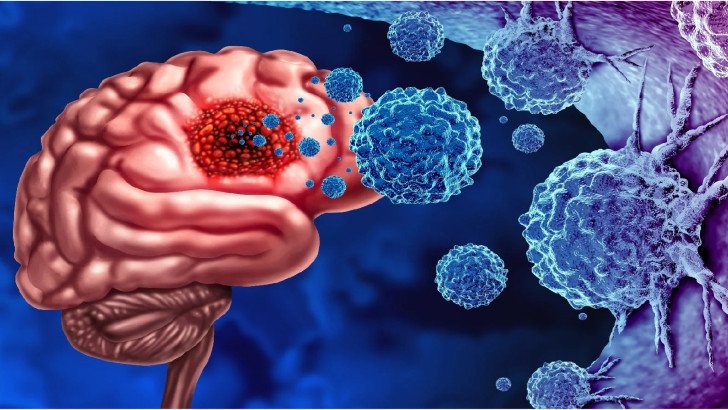
Understanding neurological disorders, particularly brain tumors, is crucial for both medical professionals and the public.
Understanding neurological disorders, particularly brain tumors, is crucial for both medical professionals and the public. Brain tumors, which can develop from various types of cells within the brain or its surrounding membranes, are complex conditions that affect thousands of people worldwide each year.
They can be benign, causing issues by their size and location, or malignant, which are more aggressive and can spread to other parts of the brain or body. Early detection and effective treatment are vital for managing these tumors and improving patient outcomes, emphasizing the need for ongoing research and awareness in this field.
What is a Brain Tumor?
An aberrant cell growth inside the brain or central spinal canal is called a brain tumor.
Depending on their behavior, growth rate, and location, brain tumors can be classified as either benign (non-cancerous) or malignant (cancerous). Despite the type, they can still cause significant health issues due to their location in the critical brain area.
Types of Brain Tumors
The classification of brain tumors provides insights into their potential behavior and treatment strategies. Primary brain tumors, such as gliomas and meningiomas, are categorized according to the cells that give rise to them. Secondary tumors, known as metastatic brain tumors, originate from cancer cells that have spread from other organs to the brain.
Symptoms of Brain Tumors
Symptoms of brain tumors can vary dramatically based on the tumor's size, type, and location. Common symptoms include persistent headaches, seizures, and cognitive or personality changes. These symptoms result from the tumor pressing on or interfering with surrounding brain tissue and nerve pathways.
Causes and Risk Factors
Although several risk factors have been found, the precise causes of brain tumors are still mostly understood. Genetic predispositions and environmental exposure to radiation are significant factors. Additionally, age plays a role, with some types of brain tumors more common in children and others primarily occurring in adults.
Diagnosis of Brain Tumors
Diagnosing a brain tumor often involves a combination of neuroimaging and clinical assessments. Magnetic Resonance Imaging (MRI) and Computed Tomography (CT) scans are standard tools used to visualize the presence and extent of a tumor. A biopsy may be performed to determine the tumor type by examining cell samples under a microscope.
Treatment Options for Brain Tumors
Radiation therapy, chemotherapy, and surgery are possible treatments for brain tumors. The tumor's size, location, and kind will all influence the therapy option, along with the patient's general health. When possible, surgical excision of the tumor is frequently the best course of action.
Living with a Brain Tumor
Living with a brain tumor is a significant challenge that affects not just the patient but also their families and caregivers. Managing symptoms, treatment side effects, and the emotional and psychological impact requires a comprehensive support system and access to medical and palliative care resources.
Preventative Measures
Although brain tumors cannot be completely prevented, there are ways to lower your risk.
Avoiding unnecessary radiation exposure, maintaining a healthy lifestyle, and regular medical checkups can help mitigate the risk of developing a brain tumor.
Prognosis of Brain Tumors
The prognosis for brain tumor patients has improved significantly with advances in medical technology and treatment in germany. The patient's age and general health state, in addition to the kind, size, and aggressiveness of the tumor, all have a significant impact on the prognosis.
Conclusion
Understanding brain tumors is vital for early diagnosis and effective treatment. Advances in medical research continue to provide hope for better management strategies and improved outcomes for patients dealing with this challenging condition.
Kindly complete the form below, and our dedicated team will reach out to you promptly. We look forward to connecting with you soon!
Trierer Straße, 56072 Koblenz, Germany

.webp)
 (1).webp)

.webp)
 (1).webp)


.webp)
 (1).webp)

.webp)
 (1).webp)
